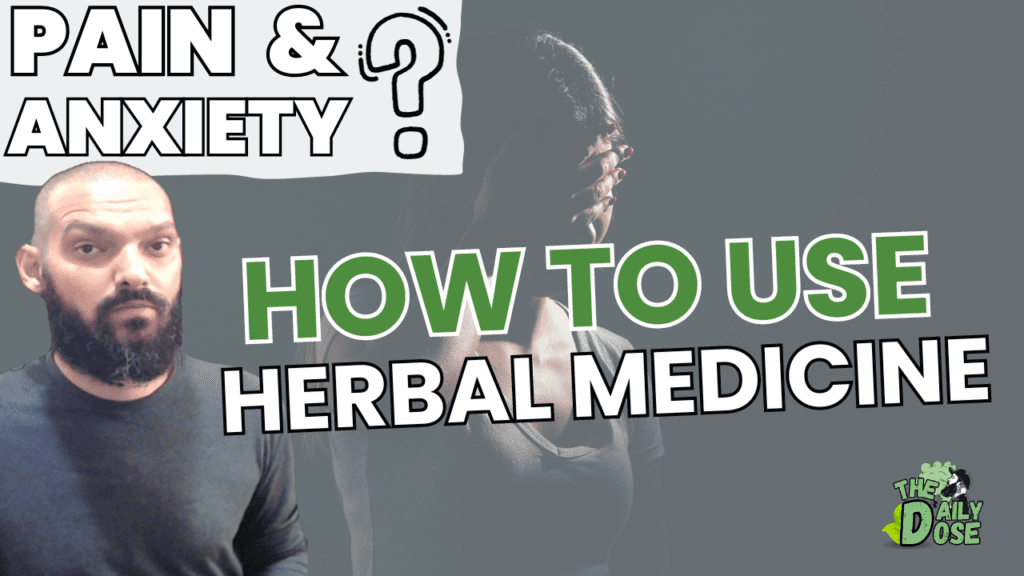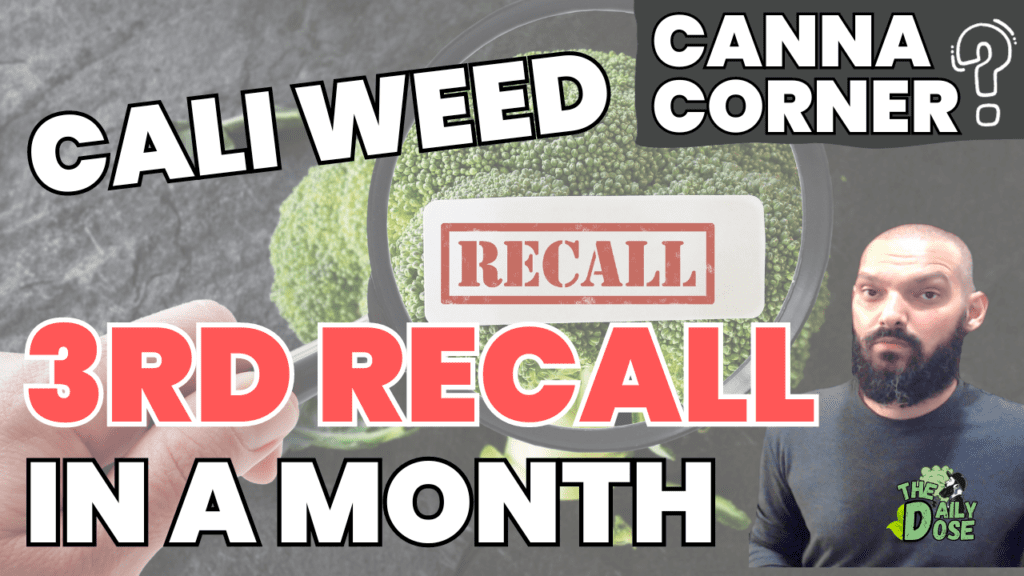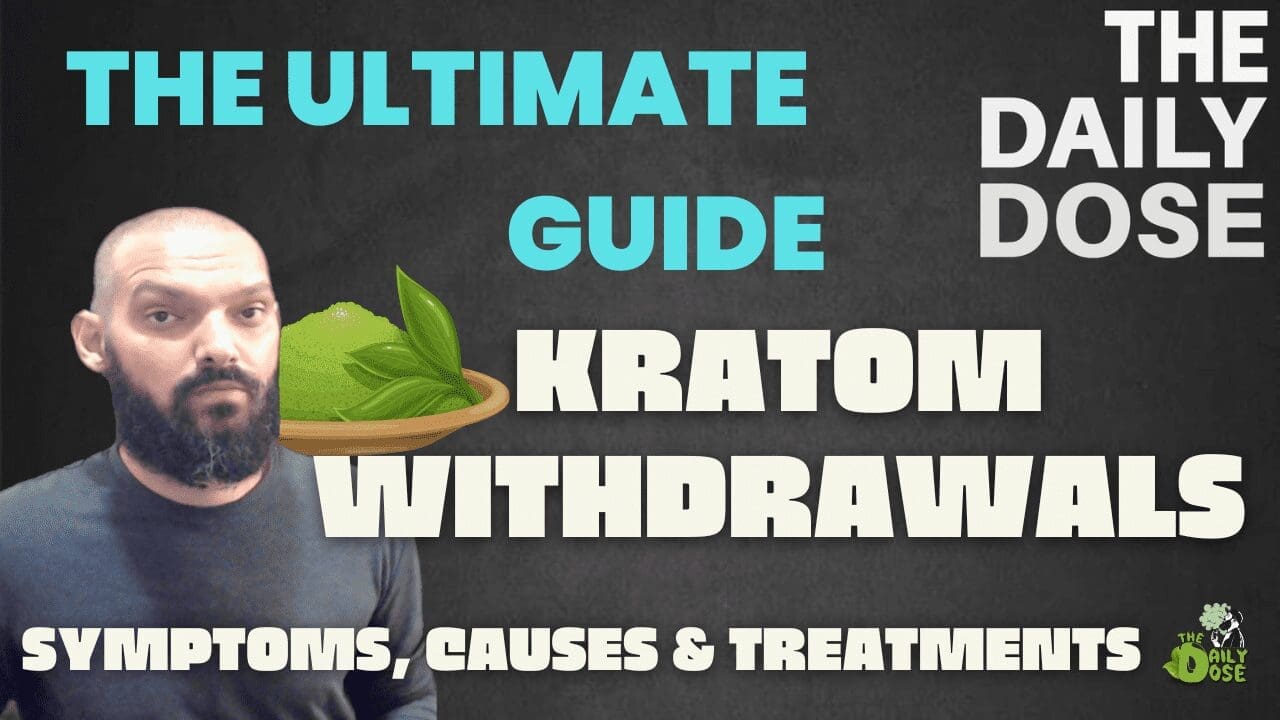Table of contents
- Pain Management And Anxiety Relief With Natural Supplements
- Introduction:
- The Data: An Urgent Need for Change
- The Idea: A Holistic Approach to Wellness
- Herbal Supplements: Nature’s Offerings
- Debunking Myths: The Arguments For and Against
- The Power of Education: Empowering Individuals
- Conclusion: Embracing a Holistic Path to Wellness
- Redefining Wellness : Holistic Natural Supplements For Pain And Anxiety Relief
- FAQs
Pain Management And Anxiety Relief With Natural Supplements
Introduction:
In an era marked by the relentless pursuit of instant relief from pain and anxiety, the status quo leaves much to be desired. Millions of Americans grapple with these burdens daily, and it’s time for a paradigm shift. This in-depth exploration seeks to redefine how we approach the management of pain and or anxiety, presenting a compelling case for herbal supplements.
As we navigate this complex landscape, we confront both fervent advocates and steadfast critics of these natural alternatives. The goal is to empower individuals with information, offering a new perspective on a holistic approach to wellness. Join us on this journey to understand the world of herbal supplements and their potential to alleviate the very real struggles of pain and anxiety.
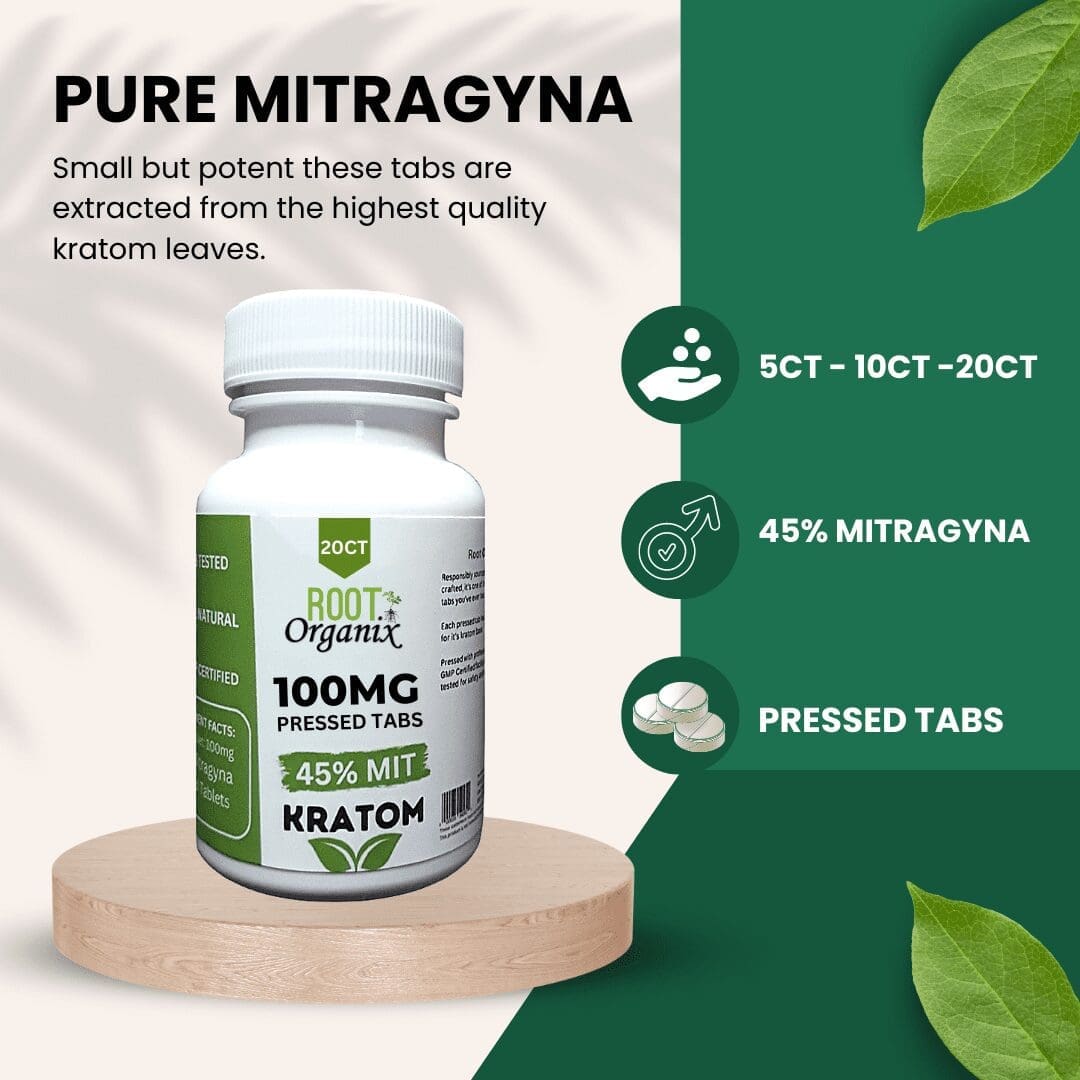
The Data: An Urgent Need for Change
The landscape of traditional medicine has reached a critical juncture. Long-term solutions have been elusive, and the overreliance on conventional medications, especially opioids, has sparked a nationwide crisis. Recent data tells a troubling story. The prevalence of painful health conditions in the United States has surged, leaving a significant portion of the population in its grasp.
Opioid use for severe pain management has more than doubled in the past decade. This alarming trend necessitates a reevaluation of our approach. The urgency for change is evident, and our journey explores the viable alternatives that natural supplements offer.

The Idea: A Holistic Approach to Wellness
To break the cycle of dependency and provide a path to holistic well-being, we must consider alternative plant medicines and comprehensive education. This approach represents a departure from the prevailing mentality of quick fixes and synthetic medications. Our culture’s penchant for instant gratification extends to healthcare, and the journey to change this mindset is not without its challenges.
By nurturing a shift toward holistic wellness and equipping individuals with the knowledge to care for their mind, body, and spirit, we can reduce our reliance on synthetic medications. This holistic perspective offers hope and the potential for lasting change in our collective approach.
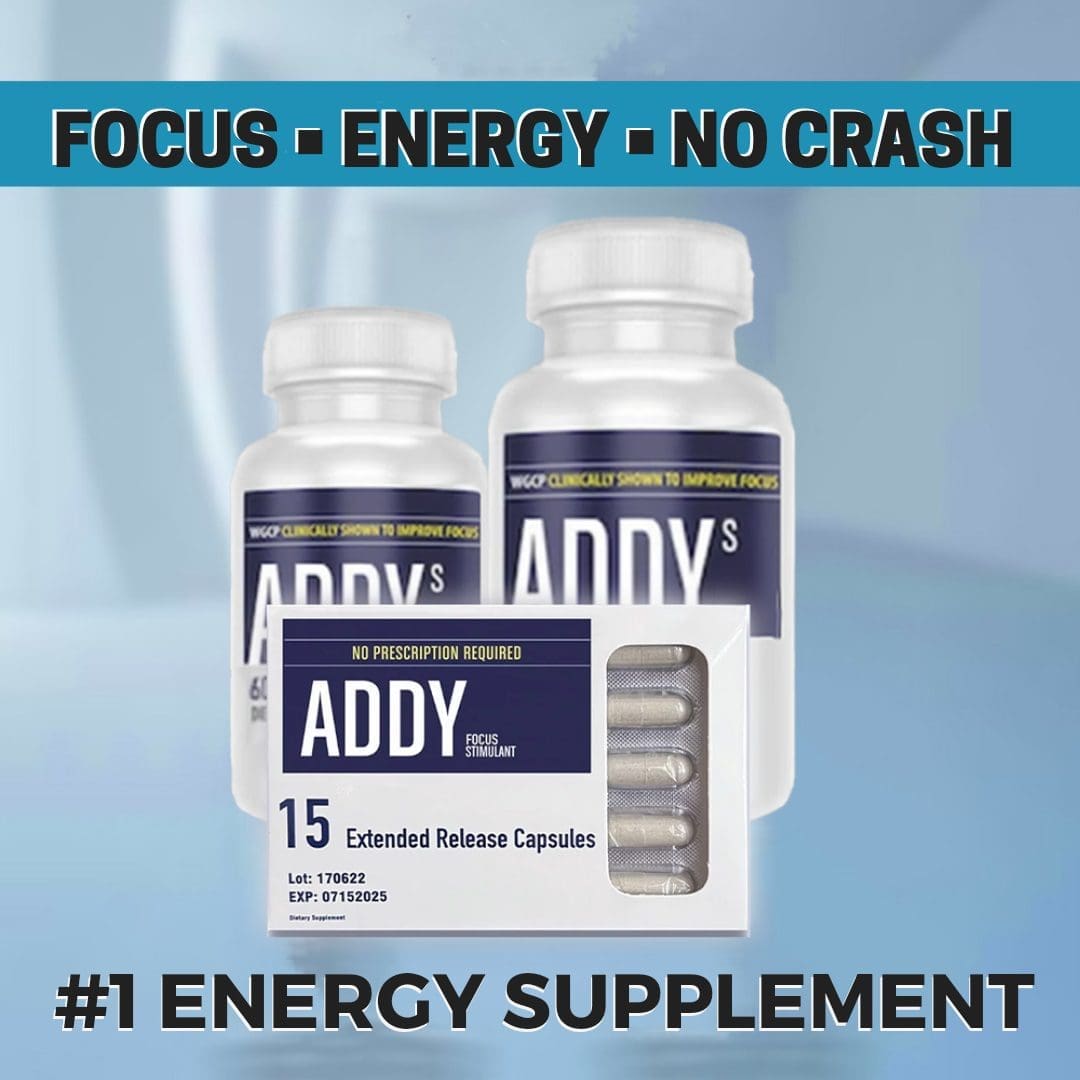
Herbal Supplements: Nature’s Offerings
Understanding Herbal Supplements
Before delving into the world of herbal supplements, it’s essential to comprehend what they are and how they operate. Herbal supplements are derived from natural sources, such as plants, herbs, and botanicals, and are used to support various aspects of health and well-being. They offer a natural alternative to synthetic medications and often come in the form of capsules, tinctures, or teas.
Common Herbal Supplements
A multitude of herbal supplements have gained recognition for their potential to alleviate pain and anxiety. We explore some of the most commonly used supplements, including Kratom, CBD, and Valerian root.
Each of these herbal remedies has unique properties that may offer relief to those in need. Understanding their mechanisms and potential benefits is crucial to making informed decisions about their usage.
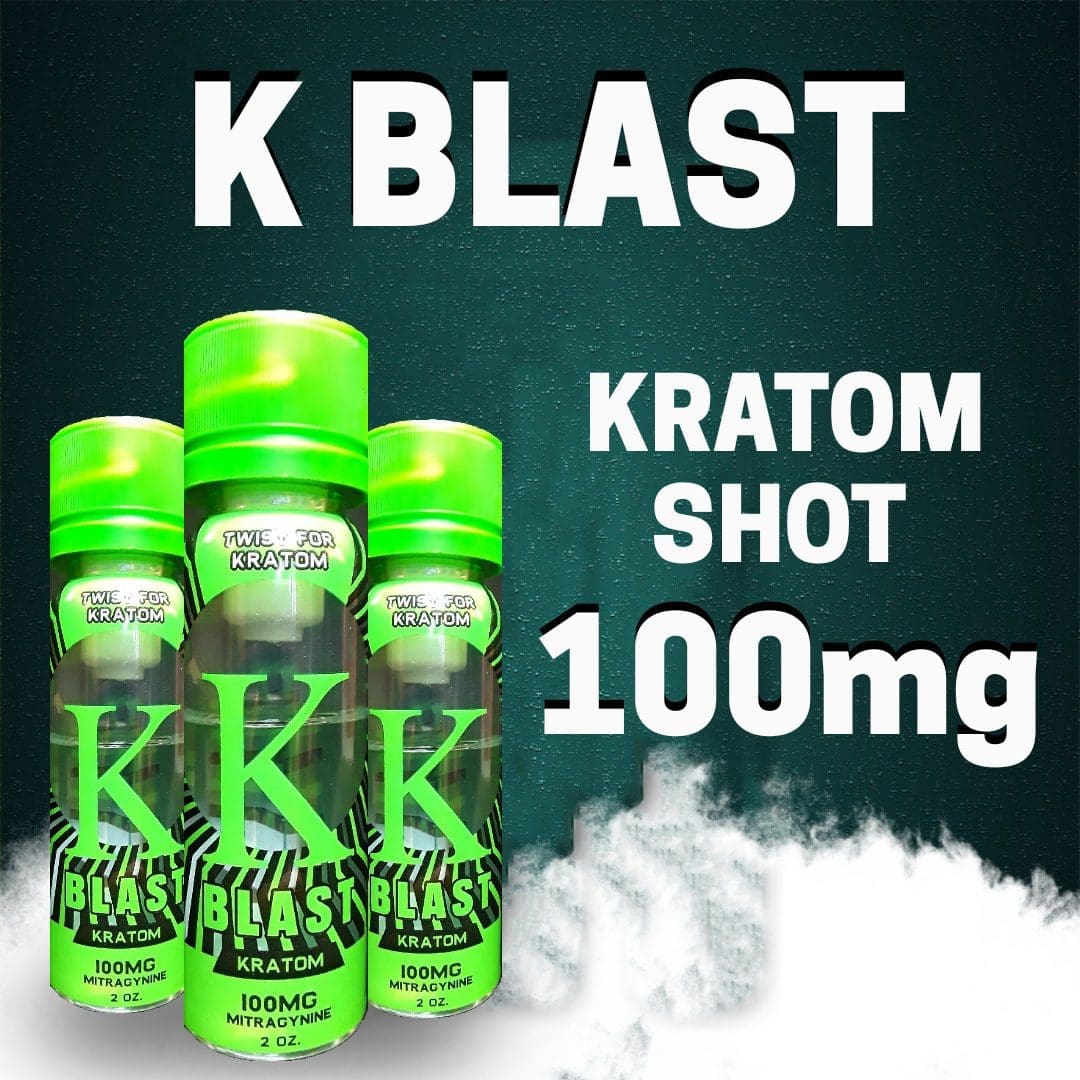
Debunking Myths: The Arguments For and Against
Advocating for Herbal Medicine
Advocates of herbal medicine emphasize the holistic and natural approach it offers. They argue that herbal supplements can provide effective relief from pain as well as anxiety without the side effects often associated with synthetic medications. Furthermore, they highlight the historical and cultural significance of herbal remedies, which have been used for centuries to address a wide range of health issues.
Addressing Concerns About Herbal Medicine
Critics raise valid concerns about the safety, efficacy, and regulation of herbal supplements. They argue that the industry lacks comprehensive oversight, leading to variations in product quality and potential risks. Additionally, some skeptics question the scientific evidence supporting the use of herbal supplements and underscore the need for rigorous research and testing.
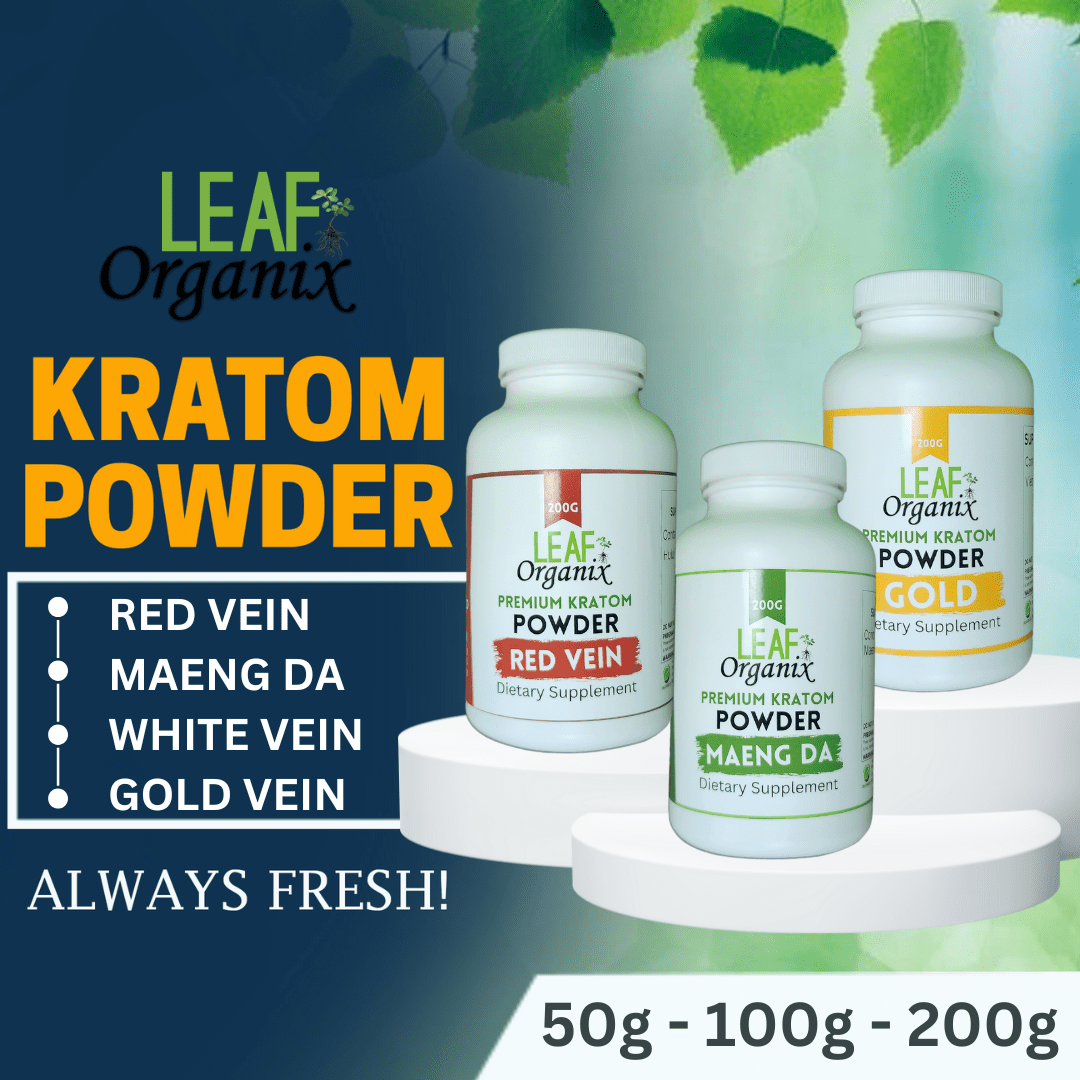
The Power of Education: Empowering Individuals
The Role of Holistic Education
Education is a powerful tool in the journey to informed decision-making. Holistic education equips individuals with the knowledge to understand the potential benefits and risks of herbal supplements. It fosters a comprehensive understanding of how these supplements work and how they may fit into a holistic approach to wellness.
Nurturing a Shift in Cultural Mentality
The cultural mentality surrounding medicine plays a significant role in shaping our choices. Shifting this mentality requires education, awareness, and a commitment to holistic wellness. We explore the importance of empowering individuals to take control of their well-being, emphasizing the value of informed choices.

Conclusion: Embracing a Holistic Path to Wellness
Reevaluating Modern Medicine
In our journey to understand, we’ve come to a critical juncture. The data paints a grim picture of the opioid crisis and the growing prevalence of painful health conditions. It’s an urgent call for change, and natural supplements offer a promising alternative. But embracing this holistic path to wellness requires a shift in cultural mentality and a commitment to comprehensive education.
Redefining Wellness: Holistic Natural Supplements For Pain And Anxiety Relief
In conclusion, we have the opportunity to redefine wellness by considering herbal supplements as a valuable component of holistic healthcare. These natural alternatives offer a ray of hope in the realm of wellness. With the right knowledge and informed choices, we can collectively work towards a healthier, more balanced approach to wellness.
FAQs
Herbal supplements are natural products derived from plants and herbs, used to support various aspects of health. They work by harnessing the unique properties of these natural ingredients to provide relief from pain, anxiety, or other health concerns.
Herbal supplements can offer a safer alternative to synthetic medications for some individuals. However, their safety and efficacy depend on factors such as product quality and individual health conditions. It’s important to consult with a healthcare professional before using herbal supplements.
Yes, many herbal supplements have shown potential. For example, Kratom, CBD, and Valerian root have gained recognition for their abilities to provide relief. Their effectiveness may vary from person to person, and consulting a healthcare provider is advisable.
Risks associated with herbal supplements can include variations in product quality, potential side effects, and interactions with other medications or health conditions. It’s essential to source high-quality supplements and consult a healthcare professional to minimize risks.
To make informed choices about herbal supplements, individuals should educate themselves about the specific supplement they are considering, consult with healthcare providers, and carefully assess their individual health needs and conditions.
Related Articles:
- Dr. Mitchell Yass Talks The Correct Way To Diagnose
- Kratoms Fate The Future Of Our Country And The Aftermath Of Prohibition
- Pain Relief Supplements The Ongoing Debate
- Top CBD Cream Relieves Arthritis Pain Now
- Benefits of Herbal Supplements Joint Pain
Meet The Author


